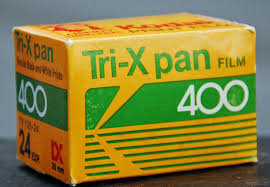Kodak dominated the photographic scene for over 100 years. Almost everyone used their films and the phrase “a Kodak moment” meaning a ph oto opportunity was well known.
oto opportunity was well known.
What happened since then has become a story of failure and missed opportunities ending with Kodak filing for bankruptcy in 2012. Kodak had not kept up with digital technology.
Yet it was a Kodak engineer, Steve Sasson who invented the first digital camera in 1975. He is quoted as saying later, “it was filmless photography, so management’s reaction was, ‘That’s cute, but don’t tell anyone about it. Kodak’s leaders thought they were in the film business – instead of the imaging business”
Kodak chose not to pursue digital photography afraid of losing their profitable film sales.
It is so easy to get side tracked and lose sight of the original reason why we do what we do. Why I became a joiner, or a social worker, a mechanic or housing officer, a teacher or a gardener. This can also be true for our relationships, our hobbies and for the causes we champion. If we take our eye off the ball, we can easily miss the point.
But there is a twist to the tale: Kodak is back again as a new company, concentrating on a specific market and knowing what it’s there for. I hope they have learned and like us, will
Keep the main thing the main thing!
Written by Chic Lidstone, Industrial Chaplain to Dundee, Scotland
